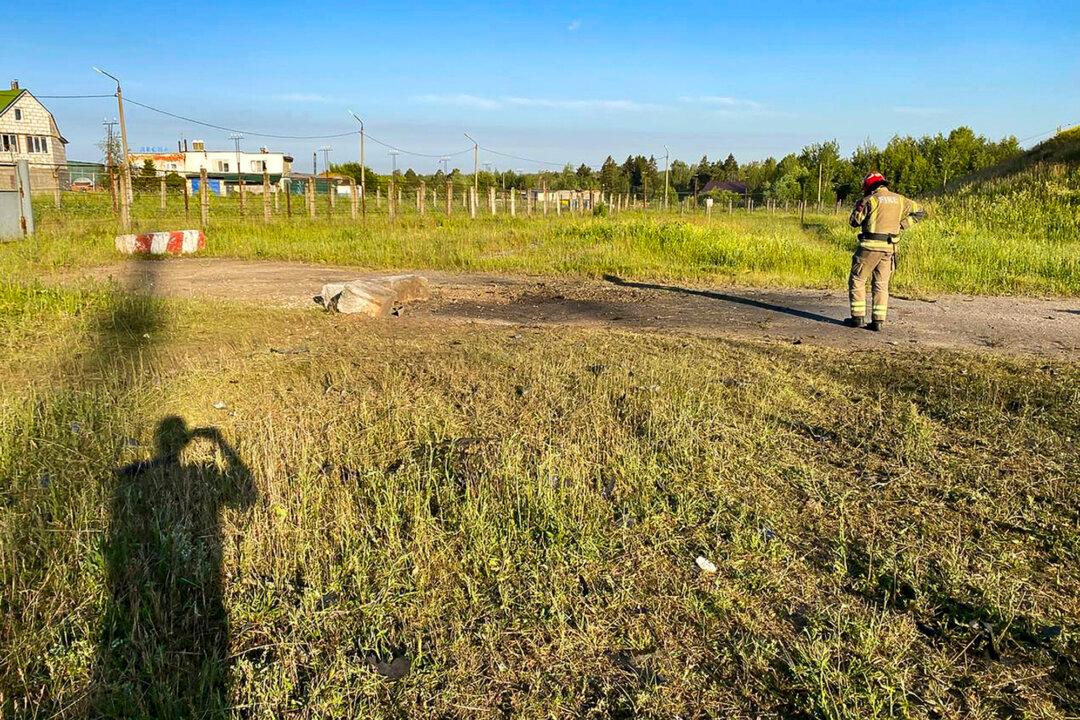Two drones were brought down outside Moscow as they approached the warehouses of a local military unit, Russian authorities said Wednesday, in what could be the latest attempt by Ukraine to strike targets inside Russia during the early stages of Kyiv’s most recent counteroffensive.
At the same time, Russian President Vladimir Putin claimed that the Ukrainian forces were regrouping after what he described as a failed counteroffensive and could be readying new attempts to attack Russian positions.





